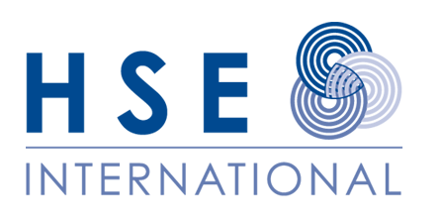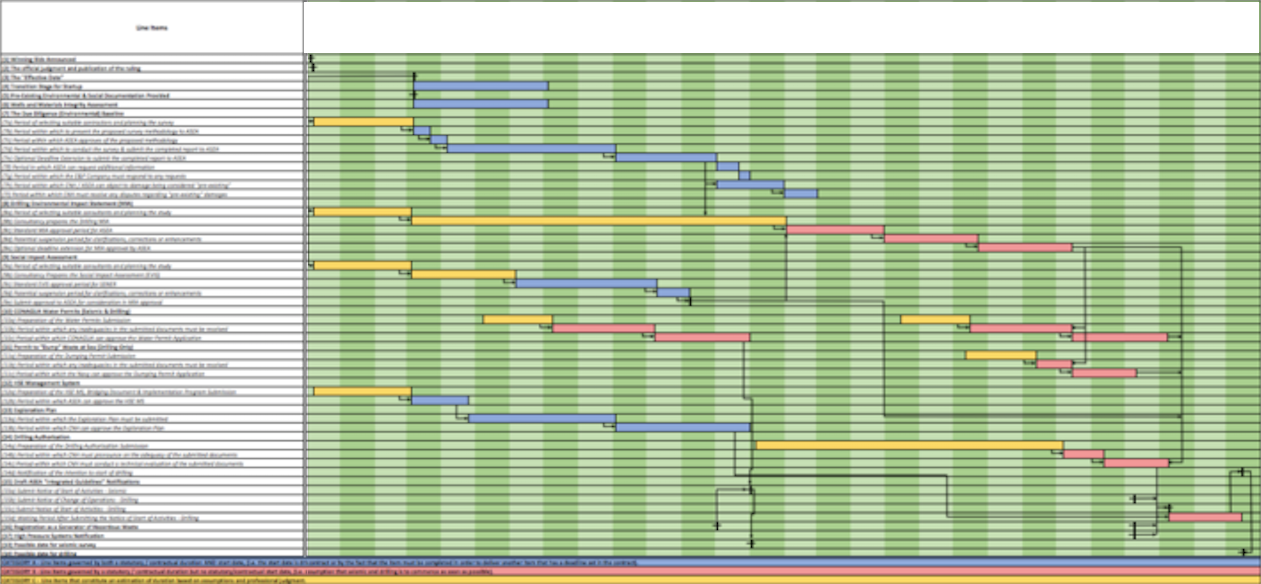This two-day program will provide practical knowledge to ESIA practitioners who want to learn more about the oil and gas (O&G) sector, conventional and unconventional (shale), offshore and onshore, carbon capture projects, and carbon neutrality considerations in O&G. The training will enhance their ability to leverage ESIAs towards more sustainable O&G developments.
Environmental, Social and Governance (ESG) - Benefits and Challenges
ESIA Guidelines for the Oil and Gas Sector
The ESIA Oil & Gas Guidelines describe a best practice for undertaking an Environmental and Social Impact Assessment, and contains a compendium of anticipated Environmental / Social / Health & Safety risks and hazards, as well as associated best practice / good international industry practices for mitigation and management.
Sustainability, Safety and Reputation during economic challenging times
The decline in oil prices has resulted in some companies decreasing investments, and some even cutting back expenditures. Safety, the environment, and the industry reputation are of concern as companies cut costs during declines. Accidents continue occurring, indicating that the safety and environmental risks – and challenges of the oil and gas life cycle will continue regardless of oil prices.
The industry has already gone through significant oil and gas price swings and critical global events several times, and we should learn from past lessons. HSE risks and challenges increase with low oil prices. In fact, the situation now is significantly augmented due to the job losses and wider economic impacts of the COVID-19 induced economic volatility.
Lower prices and economic volatility often translate into job and maintenance cuts; some workers get distracted with the prospect of potentially losing their jobs, and others may start taking more risks to preserve their positions. The situation may be increased by conflicting communications coming from the top to maintain production while cutting costs.
The industry has already gone through significant oil and gas price swings and critical scenarios several times, and we should learn from past lessons.
Looking forward, global energy demand will continue to grow but at a slower pace due to greater efficiency, slower population and economic growth, and new and improved technologies. And although more energy will be needed in a lower carbon way, the oil and gas industry will continue to play an important role in the energy portfolio and hydrocarbons will still account for just about half of the total energy mix in 2050.
The current slowdown in investment will translate into falling production, requiring the drilling of more wells to keep up with upcoming future demand.
The industry's most important and valuable resource is its people. The message from management to the workers on the ground must be one of paying much more attention than ever to safety, environmental protection, and responsible operations while running more efficient operations and maintaining focus on operational integrity. The same message must be passed on to drilling and service companies, especially when contracts and prices are renegotiated.
Bottom line, it is imperative to maintain focus on safety, the environment, and responsible operations regardless of the present price of oil. The message and actions coming from the top leadership at all times must be loud and clear: moving forward with HSE as the number one priority continuing operations in a very efficient and responsible way.
Mexico Oil & Gas auctions for 2018: Offshore and Onshore
The Oil & Gas auctions for 2018 will include deep-water, shallow-water, and onshore blocks (shale plays).
Due within the first year after the Effective Date: Environmental Baseline Assessment (LBA), Environmental Impact Assessment (MIA), Social Impact Assessment (EVIS), HSE Management System (SASISOPA), Water Resource Permits, Waste Management Permits, HSE Notifications, ... Exploration Drilling Authorization
HSES Timeline
HSE International has performed dozens of offshore and onshore assignments in Mexico providing HSES support services to the O&G industry. Some examples include:
- Risk assessment and regulatory advice
- Permitting planning and compliance
- HSE Management System
- Sustainability-seeking E&S MS with IFC PS and WBG EHS Guidelines
- Locality strategy for entry in new area / new projects
- HSES Due diligence
- Social and environmental baseline and impact assessment
- In-country support to offshore and on-shore oil and gas activities
- Training and capacity building
HSE International's consultants deliver strategy, clear advice and support with implementation in a way that is culturally and locally savvy.
For more information contact us at: solutions@hseinternational.com, (+1) 281.971.5909 www.hseinternational.com


